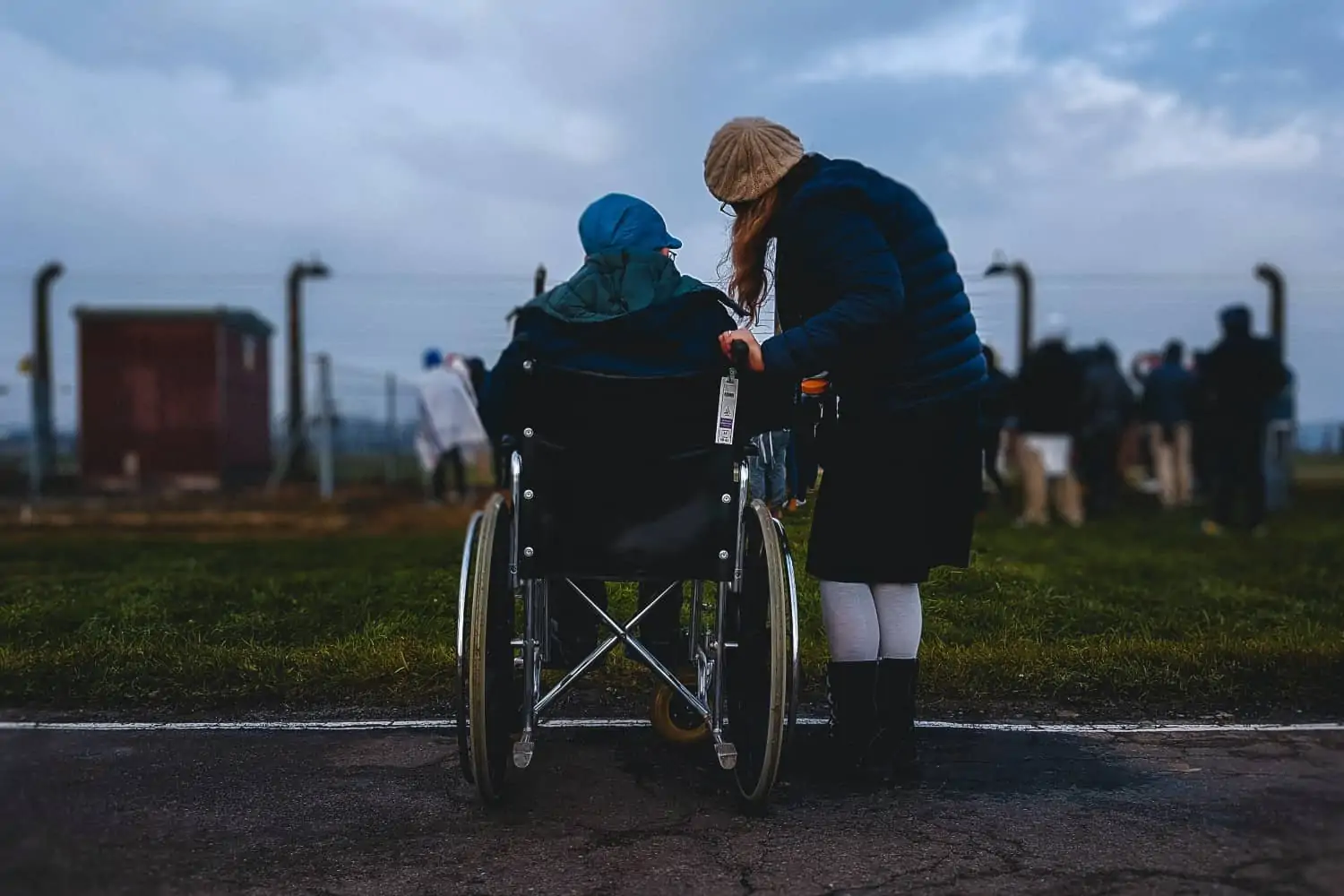In 2013 the South African government approved 03 November to 03 December as Disability Rights Awareness Month. With the 3rd of December as the National Day of Persons with Disabilities. Globally, the International Day of Disabled Persons is the 3rd of December, as proclaimed by the United Nations in 1992.
“Disability is the consequence of an impairment that may be physical, cognitive, mental, sensory, emotional, developmental, or some combination of these. A disability may be present from birth, or occur during a person’s lifetime.”
The Aims of Disability Awareness Month
The main goal is to promote the rights of those with disabilities in all aspects of society. And increase awareness of the situation of persons with disabilities in every aspect of political, social, economic and cultural life. Many disabled persons say that they still do not enjoy the same rights as their able-bodied counterparts. Stating that many even struggle to find work, despite having valid qualifications. Everyday strifes for people living with disabilities are many, ranging from accessibility to discrimination.
Vanessa Japtha, the manager of the Western Cape Forum for Intellectual Disability Advocacy says that the government should be helping mitigate these issues by leading the way with funding and the implementation of various policies. Furthermore, she states that “A good place to start would be in education”. With the Education departments not taking their constitutional obligations and legal mandates seriously, hundreds of thousands of disabled children are not accepted at schools, despite the Constitution affording this right to every child.
The Effect of Covid-19 on Persons with Disabilities
Even under normal circumstances, persons with disabilities are less likely to access health care, education, employment and to participate in the community. And the global crisis of COVID-19 has just intensified these pre-existing inequalities. Furthermore, the pandemic has hit people with disabilities the hardest hit in terms of fatalities. Many factors, that fully able-bodied persons may not even consider, contribute to this.
To start, the risk of contracting the virus is higher for those with disabilities. And not solely due to possible ill-health. Things like washing hands and social distancing have been our most powerful tools against the pandemic. Yet often water, sanitation and hygiene facilities are not accessible to persons with disabilities. Never mind that social distancing is impossible for those who rely on physical contact for support. According to the United Nations statistics, even before the pandemic, one in three persons with disabilities couldn’t afford healthcare.
Persons with disabilities are also finding themselves to be the first ones to be let go, as many jobs are lost due to the pandemic. They are then further put at risk as support services for the disabled dwindle along with other health care services.
Lastly, it is important to remember that in many communities people suffering from disabilities still find themselves the victims of abuse. An already sore point only exacerbated by enforced lockdowns.
How Each Individual can Help
Each individual can play a part to help spread awareness and enforce the rights owed to those suffering from disabilities. Nkosinathi Ndlovu, the deputy chairperson of Ehlanzeni District Municipality Disability Council, says “we are asking people of South Africa to protect the women and disabled people.”
You could create or join an awareness campaign, for example, through social media platforms. The South African government even encourages any engagement on public platforms. As it hopes that more will showcase innovative ways and means that can help remove the barriers to inclusion. We can also each do our part to encourage those around us to learn more about people with disabilities. And finally, anyone can donate or even volunteer time and services to one of the many centres across the country.
